
Visit Fiji and inevitably you’ll learn about “Fiji Time” – the national belief that life should be lived moment by moment, without stress or hurry.
When you get to Fiji, inevitably you’ll encounter Fiji Time. Usually this is a situation where people aren’t behaving or things aren’t happening in the way you want, as quickly as you expected, or even at all.
Perhaps your meal is slow to come, or the server forgets entirely that you wanted something. Maybe you’ll try to hire someone for work around the house and they never return your phone call, much less show up. Or you’ll email someone as promised, and you won’t hear back from them for several weeks. Or you’ll sit on a full bus with other passengers for half an hour while the driver has a snack on the depot bench. All these things happened to us in Fiji, and we attribute them to Fiji Time.
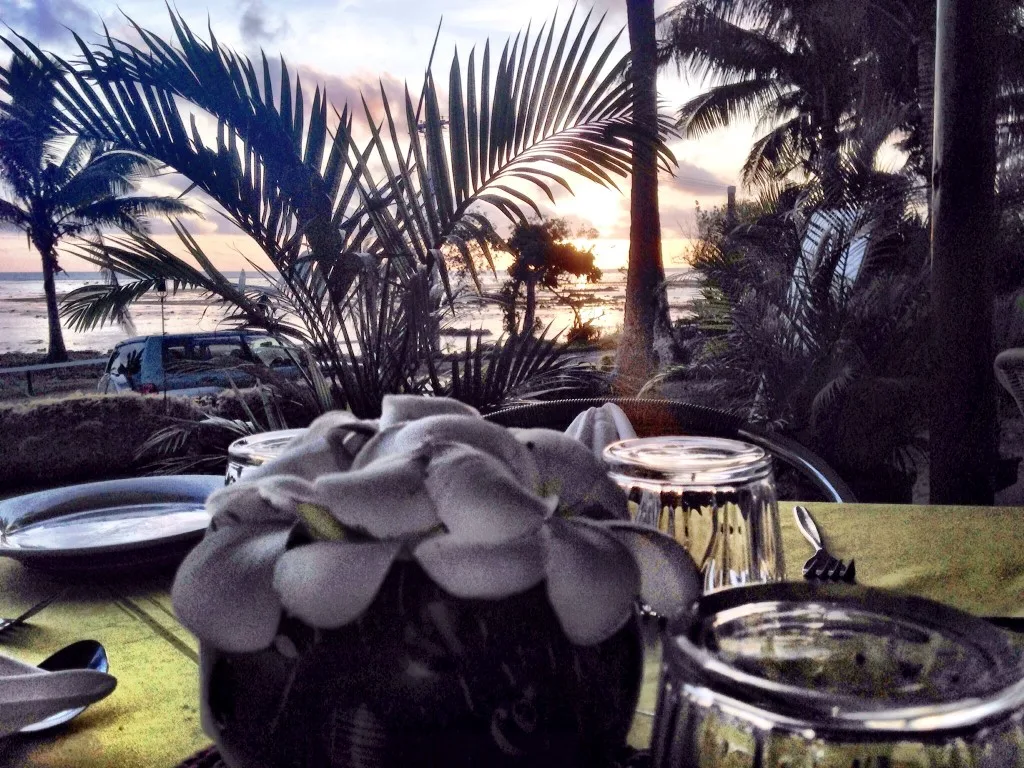
Simply explained, Fiji Time is the belief that there is no need to rush, things will happen when they do – or not, that life should be lived moment by moment. There is no need to stress, there is always tomorrow, life is filled with beauty, love and happiness.
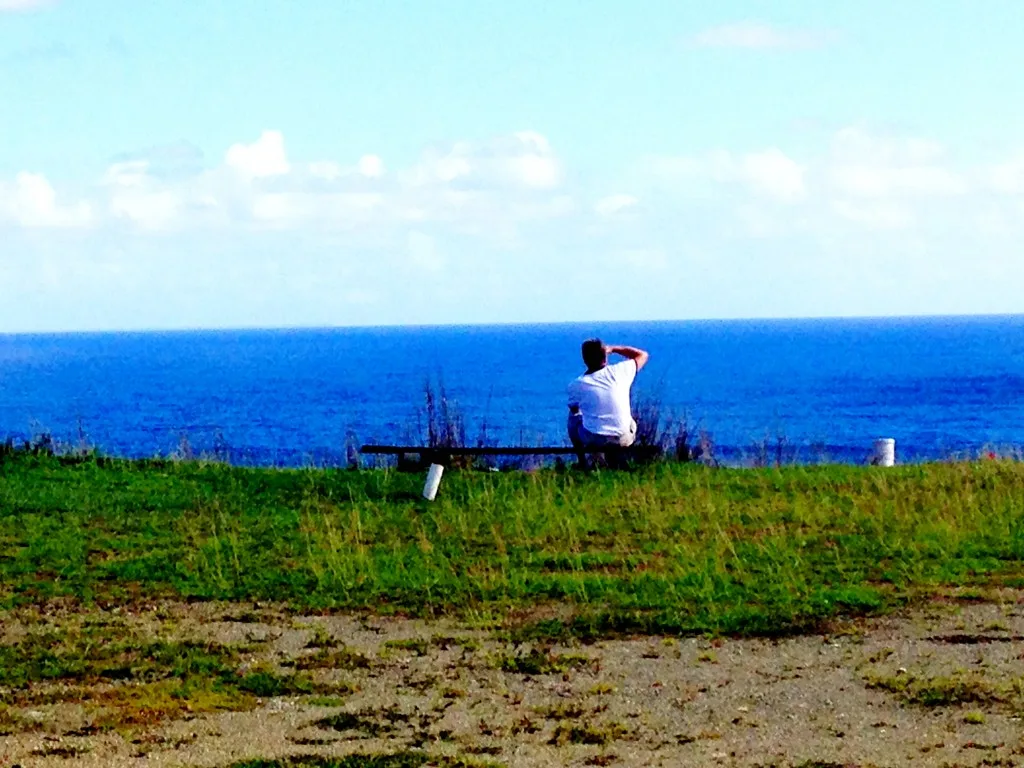

There are two ways to react to Fiji Time. The effect it has on you will reveal your current frame of mind.
If you’re frustrated by lateness, unreturned phone calls or emails, or that you have to wait for service in a store or a restaurant, you’ve probably not yet let go of your busy life elsewhere. If instead, you feel a sense of relaxation and equanimity in the face of these situations, you’ve likely set yourself on the path to Fiji Time adaptation.
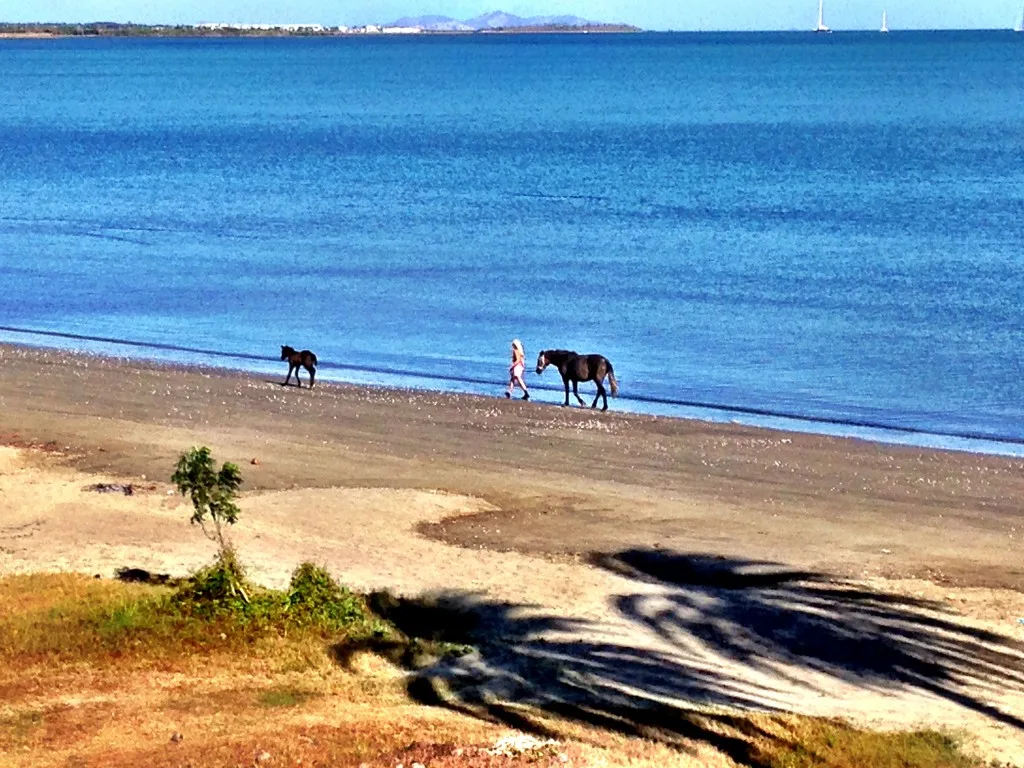
Fiji Time can either feel like those you rely upon are lazy or uncaring, or it can feel refreshing and insulated from the crazy rest of the world out there. One thing is for certain: you’re the one who will have to change by adjusting your expectations, or not. Fiji Time has been a way of life for Fijians forever. A few encounters with you aren’t going to change that, no matter how important you think you are or should be.

Some think the reputation Fiji Time has is a serious determent to Fiji’s economic growth and foreign investment, particularly at the micro level. It can be frustrating for those from other cultures to adapt to Fiji traditions while at the same time observing the lower standards of living and wanting to raise overall prosperity to more acceptable, modern (read: Western) levels.

In “Fiji Time, it’s no laughing matter” the Australia-based Change Factory consultancy attempts to explain:
“Fiji culture tends to have low time consciousness, low stress and few rules. Decisions are made based on consensus, with emphasis being placed on solidarity and quality of work-life. One’s identity is based on one’s social network and work relationships are seen in moral terms like a family link with harmony being maintained and confrontation avoided. Subordinates expect to be told what to do and bosses are expected to be benevolent autocrats.”

The article goes on to suggest, rather condescendingly I thought, that improving outcomes requires working within these cultural norms. Project leaders and supervisors should think of establishing themselves as a “benevolent dictators,” using “consensus and moral attachment” to work, creating a “work family” in which commitments and expectations are managed by using indirect communication and egalitarian methods.
Resorts and other international businesses in Fiji routinely struggle with lack of consistency when working with Fijians. The large Indian minority on the islands has positioned itself to take up the slack, seizing entrepreneurial opportunities and building sustainable business models. The Fijian government has entered the fray with the Eleven Pillars People’s Charter, seeking to reduce corruption and ethnic discrimination against indigenous Fijians.

On a personal level, Fiji Time goes a little deeper than a relaxed (or frustrating, depending upon whom you ask) attitude. In Fijian culture, everybody is important, from the smallest family member to the eldest grandparent, from the man with the big house to the person who lives in what we’d call a shack.
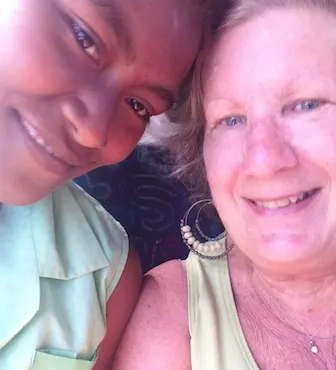

Fijians will greet you with a “Bula” and a smile whether they know you or not. They’ll stop work if you pass by to exchange pleasantries and have a leisurely little chat on Fiji Time. You don’t just say “Hello” in Fiji, or worse yet, nothing at all. You say, “Bula, how are you?” and then you listen to the answer, making eye contact.

We talked about this before ( “Fiji and the Pursuit of Happiness”):
“In Fiji, there is always an attempt to establish commonality, no matter how remote. Sometimes this can feel a little awkward, like a bit of a stretch. But, it isn’t mere curiosity, it’s connection. Culturally, this process signifies each of you has value. That’s a big deal. When the pursuit of happiness is studied, inevitably the concept of self-worth comes into play.”
Needless to say, this infectious practice quickly has you feeling like you’re the most important person in the world, and you begin to treat others in this way as well. As such, you begin to think about where someone might be from, what their family is like, where their village is, who are they related to that you know. Other things are relegated to the recesses of your mind, and if a deadline has passed with little incident, life goes on.



Many of the sights we’ve seen and experiences we’ve had have been happening in Fiji for hundreds, if not thousands of years. If you spend the evening with your family on the reef collecting sea urchins, washing them with sea water and eating them raw from the bucket just as your ancestors have done before you and your children will do after you, it may not seem important in the bigger scheme of things that an email gets sent. The lawn can be cut or the car repaired tomorrow.


For those who are weary of busy-ness, whose personal energy is depleted by the lifestyle treadmill, or who may be seeking a simplified life with a different focus, Fiji Time will have a seductive pull.
To experience Fiji-time, plan your trip and find your vacation rental in Fiji with cozycozy.
“What happened to a world in which we can sit with the people we love so much and have slow conversations about the state of our heart and soul, conversations that slowly unfold, conversations with pregnant pauses and silences that we are in no rush to fill?” – from The Disease of Being Busy

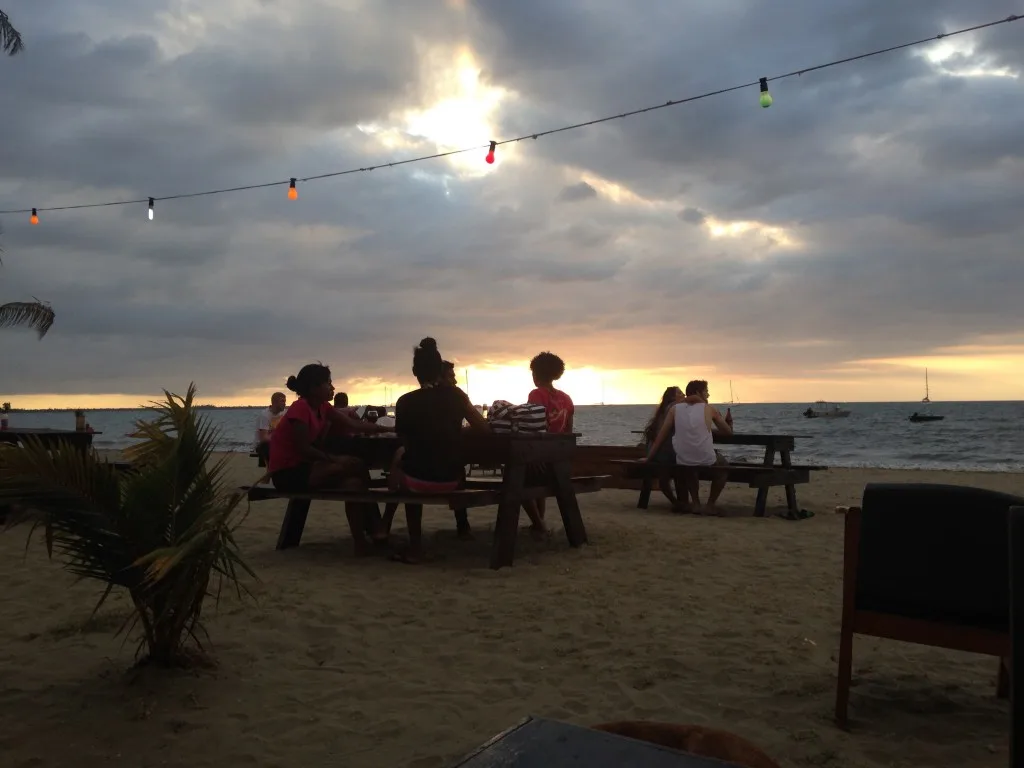

Fiji Time isn’t really time at all. Fiji itself is timeless, and that is the difference.
Tips for Trip Success
Book Your Flight
Find an inexpensive flight by using Kayak, a favorite of ours because it regularly returns less expensive flight options from a variety of airlines.
Book Your Hotel or Special Accommodation
We are big fans of Booking.com. We like their review system and photos. If we want to see more reviews and additional booking options, we go to Expedia.
You Need Travel Insurance!
Good travel insurance means having total peace of mind. Travel insurance protects you when your medical insurance often will not and better than what you get from your credit card. It will provide comprehensive coverage should you need medical treatment or return to the United States, compensation for trip interruption, baggage loss, and other situations.Find the Perfect Insurance Plan for Your Trip
PassingThru is a participant in the Amazon Services LLC Associates Program. As an Amazon Associate I earn from qualifying purchases.
To view PassingThru’s privacy policy, click here.

12 Affordable Places to Stay in Fiji | Passing Thru
Monday 15th of February 2016
[…] people learn we’ve spent a lengthy amount of time in Fiji, many react by saying “Must be nice!” The implication is that Fiji is a very expensive […]
Cory Lee
Friday 2nd of January 2015
I have never heard of Fiji Time before this, but it really sounds great. I usually like to rush and squeeze in as much as possible, but it's also nice to relax and just go with the flow sometimes.
Betsy Wuebker
Saturday 3rd of January 2015
Bula Cory - You're so right. Traveling is temporary and we can put the pressure on ourselves with limited time in a place. It's ironic, because part of the reason for travel is to smell different roses, right?
Wanda
Tuesday 30th of December 2014
Thanks so much Betsy for this timely post. It's now December 30, and I've read your beautiful prose and seen the stunning images. This is the perfect time of year to reflect on the speed of our lives, and what could be improved by slowing down a little (or a lot). You communicate the possibilities beautifully. Here's to less rushing in 2015!
Betsy Wuebker
Tuesday 30th of December 2014
Hi Wanda - thank you so much. You're right, we could all do with a little more of the best aspects of "Fiji time."
Savusavu: Fiji's Hidden Paradise - Passing Thru
Sunday 21st of December 2014
[…] city on the other side of Vanua Levu. His entrepreneurial ethic is remarkable in a country where “Fiji Time” is the norm: he’s punctual if not early, and when there’s a schedule conflict, he […]
Cate
Saturday 13th of December 2014
Having grown up in the US and lived in Germany I have a hard time adjusting to a more relaxed take on time! When I'm traveling or on vacation I really enjoy it and just adopt an attitude of "whatever happens, happens" but I struggle if I'm there for work. I find cultural differences around time so fascinating, so I really enjoyed reading this. And now I really want to go to Fiji.
Thanks for participating in the #MyGlobalLife Link-Up!
Betsy Wuebker
Sunday 14th of December 2014
Hi Cate - I think the reason many people enjoy travel so much is it gives them a chance to step into the relaxed state of mind you mention. In Fiji, that's the norm. :)